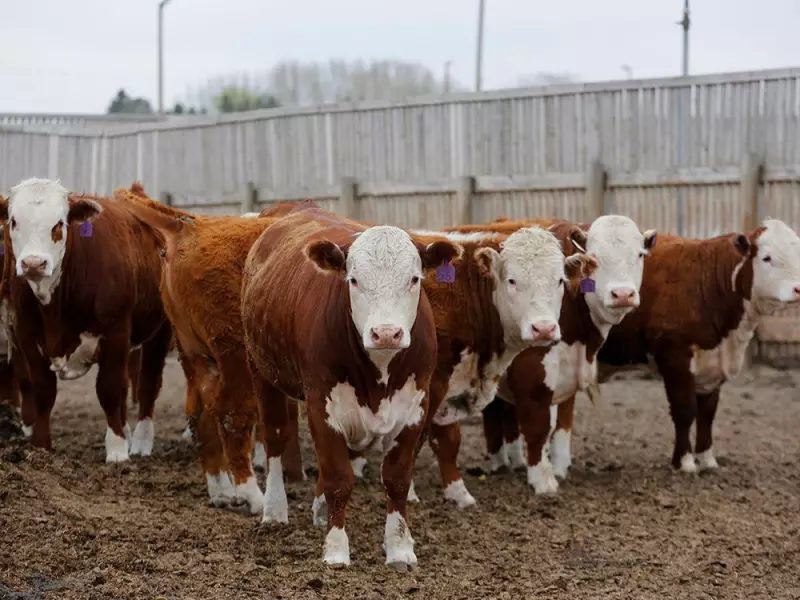
The future of food is quietly unfolding in Canadian laboratories, and most consumers remain completely unaware. Cellular agriculture—the process of creating meat from animal cells without raising and slaughtering animals—is advancing rapidly toward Canadian dinner plates. Yet the approval process happening behind closed doors at Health Canada raises serious questions about transparency and public trust.
The Silent Revolution in Our Food System
While Health Canada maintains its standard review procedures for novel foods, the agency's silence on cloned meat products represents a significant departure from how groundbreaking food technologies have traditionally been introduced to the public. Unlike genetically modified foods that sparked widespread debate and labeling demands, cellular agriculture products are slipping through regulatory channels with minimal public awareness or discussion.
Why Transparency Matters in Food Innovation
The science behind lab-grown meat is impressive—researchers can now cultivate beef, chicken, and pork from small cell samples. Proponents highlight potential benefits including:
- Reduced environmental impact compared to traditional livestock farming
- Elimination of animal slaughter in meat production
- Decreased risk of foodborne illnesses and antibiotic use
- Potential for more efficient food production systems
However, the absence of public dialogue creates a dangerous precedent. When consumers discover they've been eating products they knew nothing about, the backlash could undermine both the technology and regulatory authorities.
The Canadian Regulatory Black Box
Health Canada's current approach treats cellular agriculture as just another novel food application, subject to the same confidential review process as food additives or new ingredient formulations. This fails to acknowledge the profound societal implications of fundamentally changing how we produce meat.
The problem isn't the science—it's the silence. By not engaging Canadians in an open conversation about this technological shift, regulators risk creating exactly the kind of consumer resistance that hampered GMO acceptance.
Learning from Past Food Technology Controversies
Canada's experience with genetically modified foods provides a clear lesson: secrecy breeds suspicion. When consumers feel excluded from decisions about their food supply, trust erodes in both the products and the institutions meant to protect public health.
The solution isn't to halt progress, but to accompany it with robust public education and transparent decision-making. Canadians deserve to understand how their food is produced and have their concerns addressed through science-based information, not kept in the dark until products appear on grocery store shelves.
The Path Forward for Food Innovation in Canada
As cellular agriculture advances, Canada has an opportunity to lead not just in technological innovation but in responsible governance. This means:
- Creating transparent review processes for transformative food technologies
- Engaging in proactive public education about cellular agriculture
- Developing clear labeling standards that empower consumer choice
- Fostering open dialogue between scientists, regulators, and the public
The future of food is coming, whether we're ready or not. The question is whether Canadians will be active participants in shaping that future or passive recipients of decisions made without their knowledge or input.





